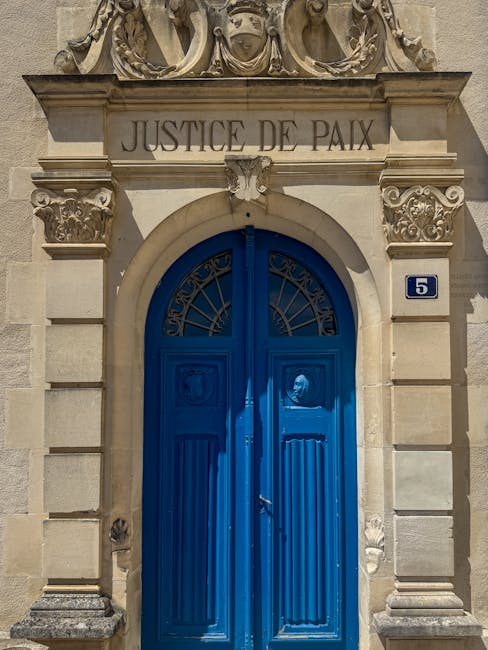The hallowed halls of the Supreme Court recently buzzed with a question that could fundamentally reshape presidential power over international trade: are most of former President Trump’s tariffs actually legal? After hearing arguments concerning billions of dollars in duties imposed on goods from China, the nine justices seemed far from convinced that the executive branch acted within its lawful bounds, signaling a potential landmark decision ahead.
The Question of Presidential Overreach
At the core of the legal challenge lies Section 301 of the Trade Act of 1974. This provision grants the president authority to take action, including imposing tariffs, against countries engaging in unfair trade practices that burden or restrict U.S. commerce. While the initial imposition of tariffs aimed at pressuring China over intellectual property theft was largely uncontested, the subsequent expansions and protracted nature of these duties are what drew the justices’ pointed scrutiny.
The arguments highlighted a fundamental tension: congressional authority to set trade policy versus presidential power to implement it. Justices probed whether Section 301, designed for retaliatory measures, was stretched beyond its original intent to become a broad, ongoing tool for economic policy. The government’s defense argued for flexibility in responding to complex global trade challenges, but the court’s questions suggested a deep concern about the executive branch potentially writing its own rules without clear legislative backing.
Defining the Limits of Delegated Power
Much of the court’s skepticism centered on the scope and duration of the tariffs. Can a president, under a statute designed for specific, targeted actions, maintain tariffs indefinitely, expanding them to goods not directly related to the initial “unfair practice” findings? The petitioners, a coalition of U.S. businesses and importers, argued that these extended tariffs amounted to a new, unauthorized tax on American consumers and businesses, far exceeding the initial delegation of power.
“This isn’t just about one president; it’s about setting a precedent for how much unilateral power any future president can wield over our economy without explicit direction from Congress,” remarked a seasoned trade attorney following the arguments, echoing the sentiment of many observers. The justices’ questions seemed to wrestle with this very concern: where does congressional delegation end and executive overreach begin? A ruling against the government could significantly narrow the president’s ability to impose tariffs without fresh congressional approval, forcing a recalibration of trade policy tools.
Awaiting a Pivotal Decision
While the court’s eventual decision remains to be seen, the oral arguments painted a clear picture of judicial apprehension. The justices appeared skeptical of the expansive interpretation of Section 301, particularly regarding the long-term application and breadth of the tariffs. Should the court side with the challengers, it would not only invalidate a significant portion of the contested tariffs but also send a powerful message about the separation of powers in foreign trade policy, reminding future administrations that even in global commerce, checks and balances remain paramount.




